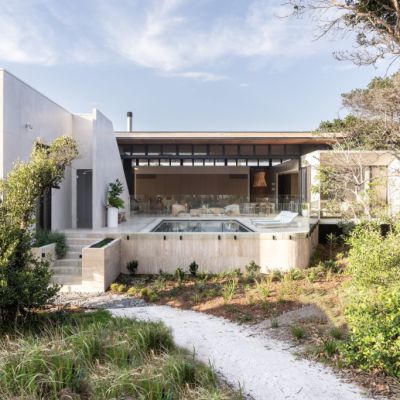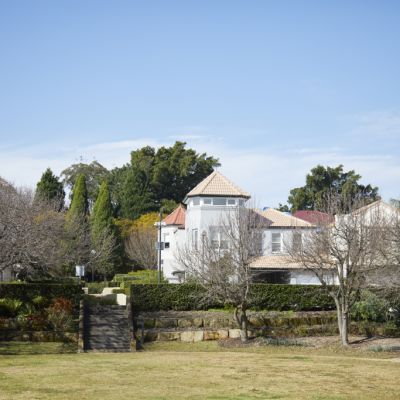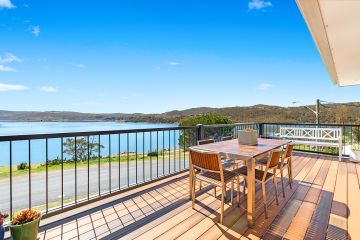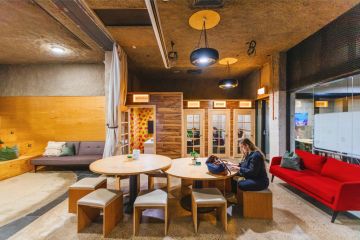'Cheaper than Sydney': Why Australian retirees are moving overseas in droves

In a hip little bar just off the main square in the Portuguese capital Lisbon, a tall Australian is shaking a round of caipirinhas and espresso martinis.
The place is packed with locals and tourists alike, all drinking and chatting in what’s become, in the past six months, one of the city’s coolest hangouts.
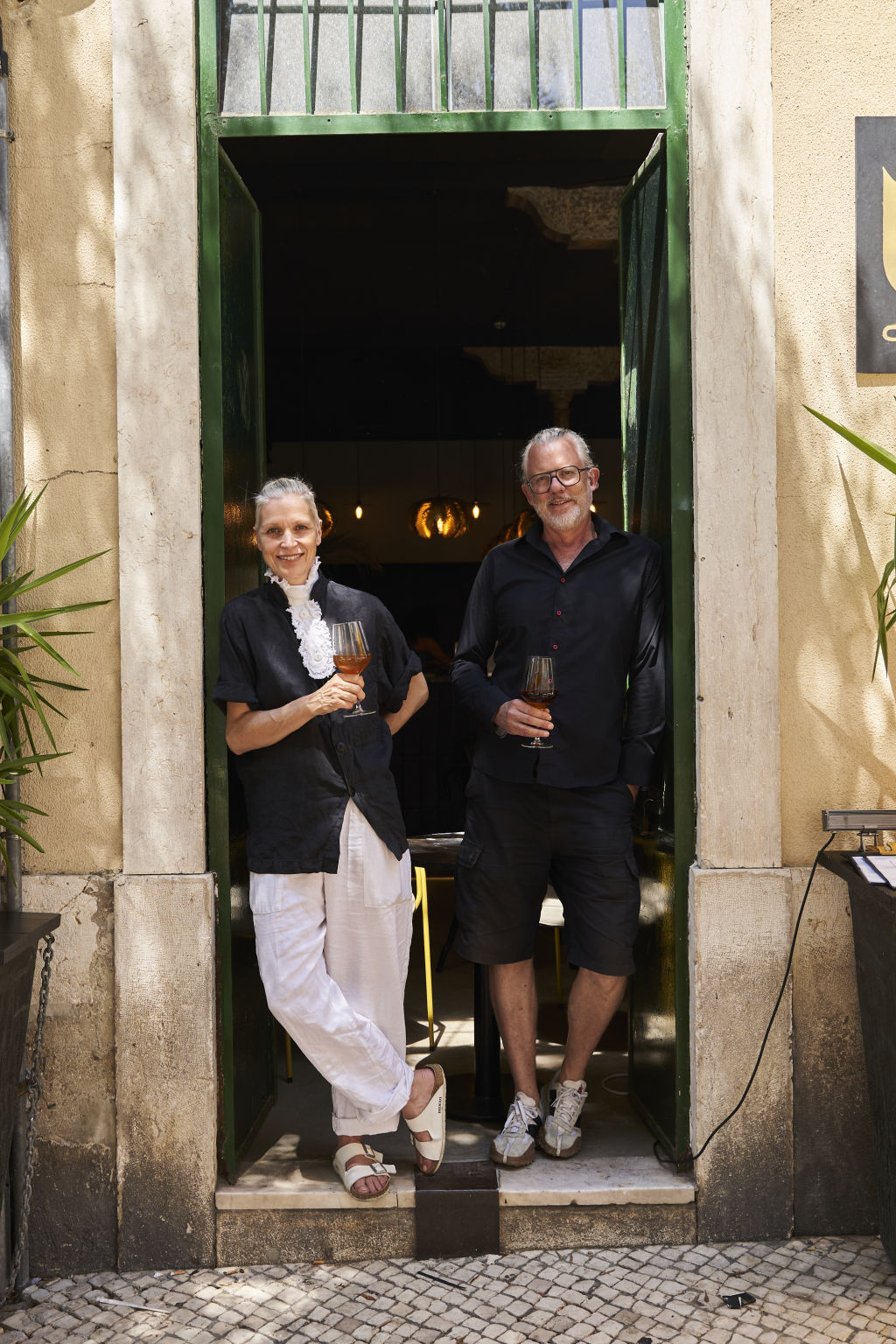
Of course, young Australians have been travelling and working along the way to support themselves forever. But this diaspora is completely different.
The current crop are older, smarter and overseas for the long haul, in search of a more affordable, and different, lifestyle.
Today, around one million Australians live and work overseas, according to the federal government’s Smartraveller website.
That number is predicted to grow to 1.35 million by 2030, reports accounting firm PwC in its Out of Sight, Out of Mind? report.
In between making those cocktails at his Cabal bar and cafe, Haig Conolly says he knows why.
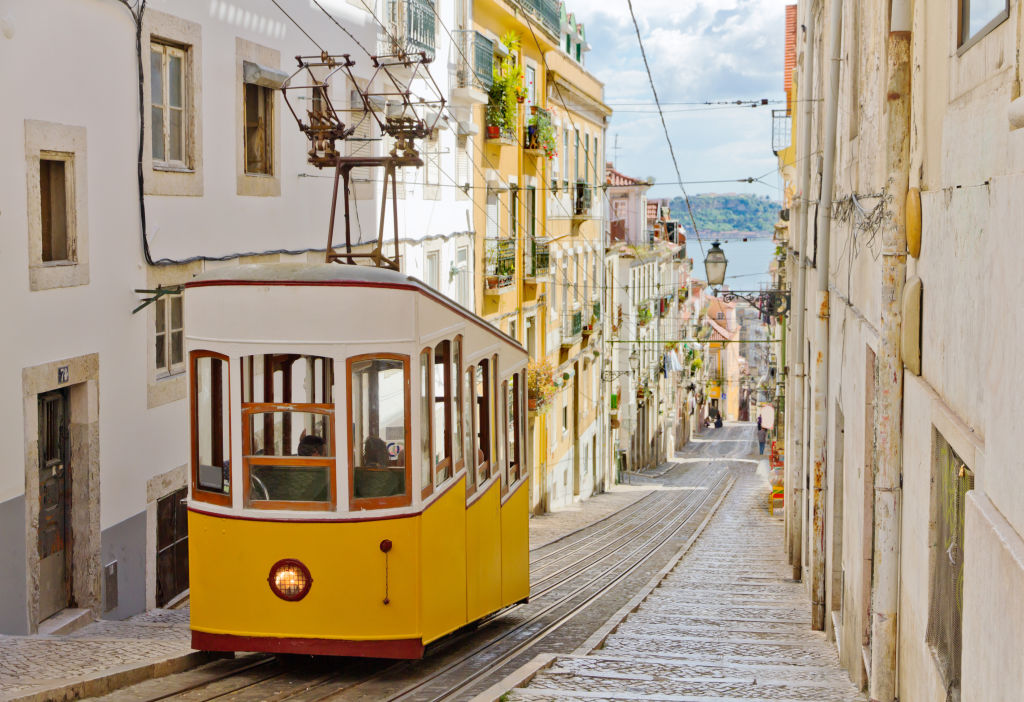
“I was looking for somewhere with plenty of sunshine and opportunities, and things happening,” he says.
“And while property here is becoming more expensive, it’s still cheaper than Sydney. Almost everything on the planet is cheaper than in Australia!”
Conolly, 56, originally from Sydney’s Birchgrove, lived in Saigon, Vietnam, and then Hamburg, Germany, before exploring Spain and Portugal, and finally settling in Lisbon with his wife Katrin, 57.
Their son Lloyd, 26, has now joined them to be their bar manager, while Conolly’s daughter Mia, 29, is a regular visitor.
“We chose here as the weather’s always like the best Australian spring or autumn day,” says Conolly, who previously worked in property marketing and consultancy.
“It’s also a city on a fantastic human scale with great streetscapes and a real energy and vibe everywhere, and fantastically friendly people.
“I do miss my friends in Australia, but property prices there are incredible.”
Of all the places chosen by Australians to live overseas, Portugal has become one of our favourite destinations, along with New Zealand, the UK, the US, Singapore, Dubai, Thailand, Spain, Italy and Greece.
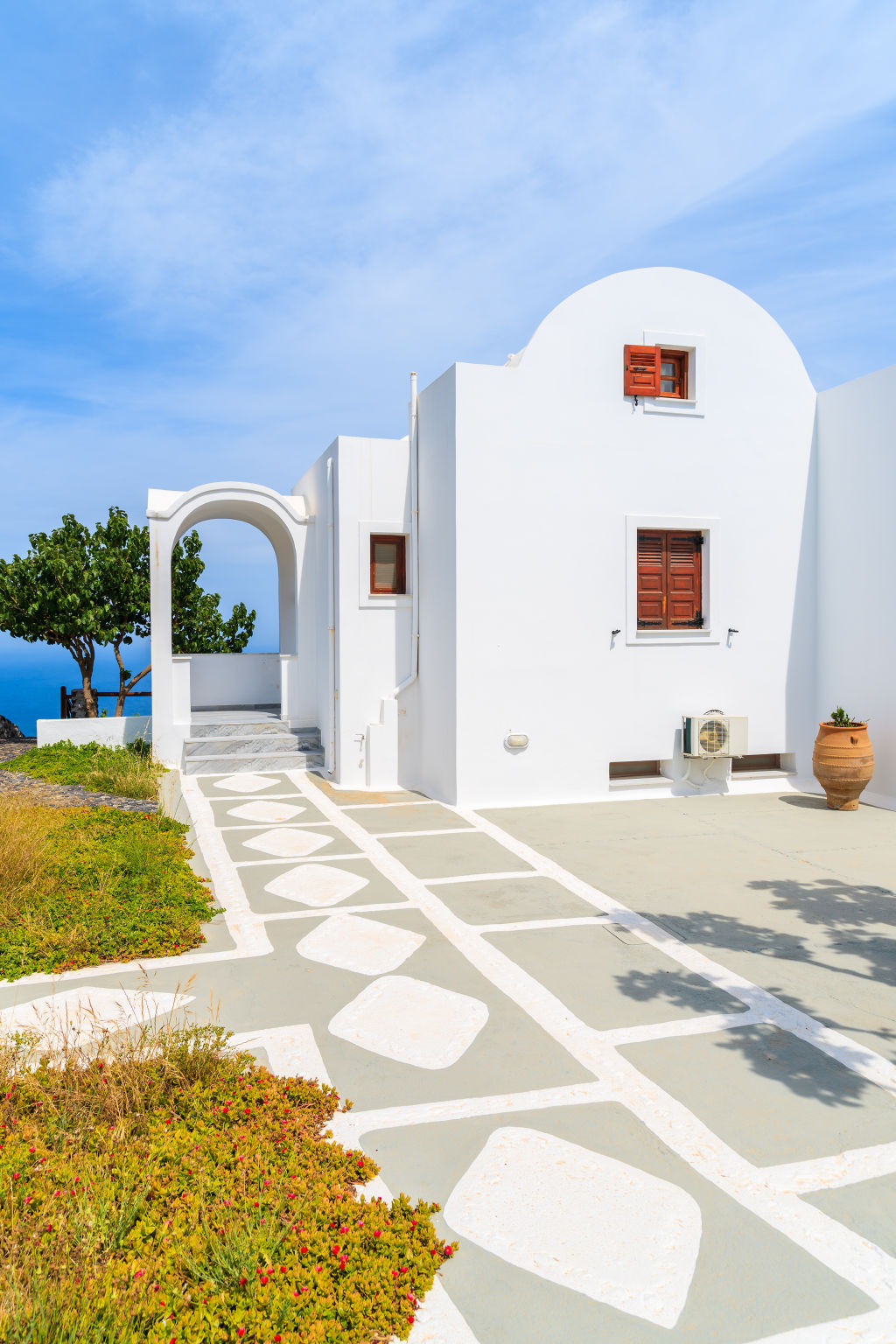
Property prices are a huge consideration. Research from global property company Knight Frank shows that $US1 million (about $1.51 million) would buy you just 43 square metres of prime property in Sydney, but 91 square metres in Dubai, 96 square metres in the Spanish capital Madrid, and 213 square metres in Phuket, Thailand.
“There has been a big growth in the number of Australians living overseas, with remote working freeing everyone from their offices,” says Knight Frank global head of research Liam Bailey. “They’re often actively now looking for a cheap, attractive lifestyle.
“Some countries have been encouraging workers to come, while Italy, for example, has just increased the tax on wealthier newcomers as they’ve had an impact on the cost of living and housing costs.
“While there are some expensive property micro markets in prime locations in these host countries, homes in general would be priced well below what they are in Australia.”
Many people have been responding to the lure, with the number departing our shores on a sharp rise, says Associate Professor Alfred Presbitero of Deakin University’s faculty of business and law.
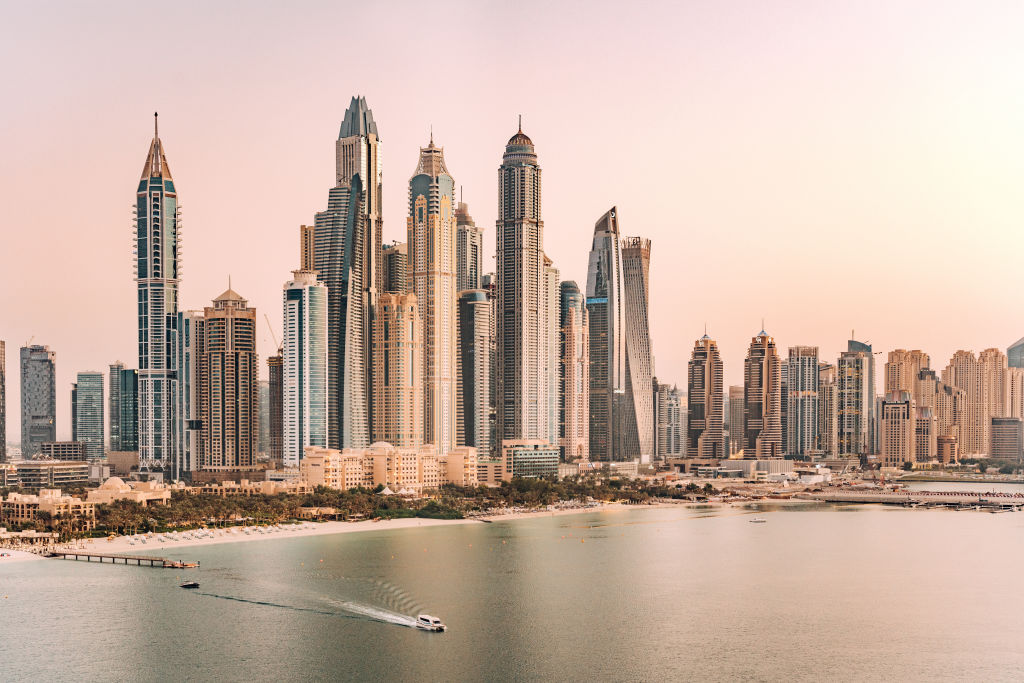
“It’s been growing post-pandemic with people looking for fresh opportunities overseas and having extended long trips, or retiring there,” he says.
“Thailand is currently a great location because of the low cost of living, much cheaper property than Australia but still close if people need to return.”
PwC estimates that, in the future, up to a third of eall xpat Australians will be living in Asia as economies there grow, barriers to movement come down, and labour demand is internationalised.
In the past 12 months, there’s been a “seismic shift” in why Australians are leaving the country, says Brett Evans, the Dubai-based managing director of Atlas Wealth Management.
“Before, it was an adventure, a desire to be an expat, but now it’s economic refugees,” he says. “The rhetoric has changed; it’s not for a defined period, but for an indefinite time now.
“People are leaving to financially get ahead, to earn more or to move to a country with a lower cost of living and lower – or no – taxes.
“The Australian dollar is weak and property prices are high. Retirees want their money to go further and are going increasingly to South-East Asia.”
Many people, you’d have to assume, are still on the hunt for their own nirvana – as in the hit 2011 movie The Best Exotic Marigold Hotel, about retirees settling in India – and using websites like nomadlist.com to find the best countries to live in.
Remote working is still a huge catalyst, believes Europe-based Australian Dean Fankhauser(correct), co-founder of Movingto, a company that helps with migration arrangements.
“Then property prices, the cost of living and the desire to improve lifestyle are driving people to look for other places to live,” he adds.
“It’s almost like an arbitrage. People are starting to think in this way now, comparing prices of different countries and working out where they can be residents in beautiful places and live affordably.”
We recommend
We thought you might like
States
Capital Cities
Capital Cities - Rentals
Popular Areas
Allhomes
More
